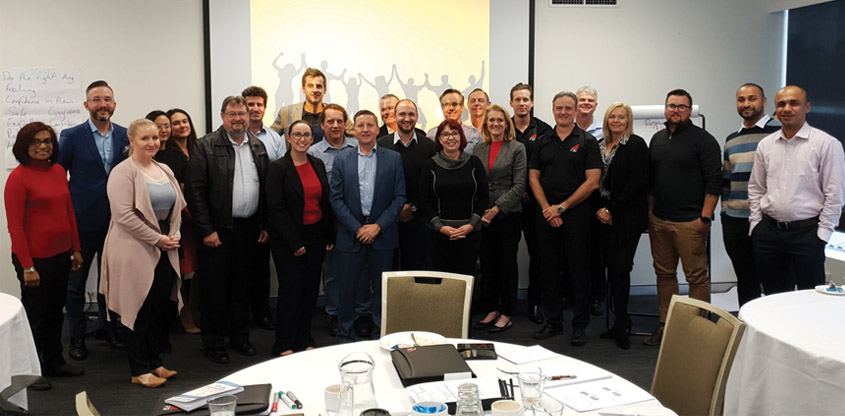Behavioural Flexibility
People performance authority Malcolm Dawes discusses when it’s appropriate to change one’s behavior—despite what one’s behavioural type might be—to meet the need for a specific situation or interaction with another individual or group. Inflexible behaviour or behavioural types can present a distinct disadvantage in certain situations, particularly in business. Malcolm addresses the necessity for behavioural flexibility and the finer points of changing to fit the need at hand.
Transcription
Malcolm: When it’s appropriate to change my behaviour, then I need to do that. How I do that is a skill. What my behavioural type is, is irrelevant. It becomes relevant when, I call it, you’ve worn the badge of honor. People go to various workshops where they’ve been given a profile which says, “You’re a high D.” I’ve got a badge of honor that says I’m dominant. If you don’t like my dominance, tough! I’ve done a form which tells me I’m dominant. It actually reinforces that I’m dominant. So, if you don’t like that, get over it!
We know what’s going on in here. Then we confuse our behaviour. So, regardless of DISC score or whatever behavioural badge is given, I know that, if I’m a dominant person, I’m likely to speak out, likely to be more forthright—not aggressive, but speak my mind. But I know in certain situations that that is going to get me into trouble. Emotional intelligence says I should speak up, but I know that if I do. The consequences of that are going to be not beneficial.
So once you start coupling these things together, it becomes incredibly powerful, incredibly useful. We are all behaving. We are all doing it all the time. So what do those behaviours look like? What are their key drivers and how do I need to be flexible? Okay, now I recognize what that person is, I know what my behavioural style is, so what do I need to do to adapt?
And that’s the skill piece. That’s the skill of changing or being flexible in your behaviour. Trying to do things differently, things which are, perhaps, outside your comfort zone. Something a little bit different. Maybe you say to somebody, “Hey, can I come to work with you for a few days because I really want to understand something which I don’t understand?”

